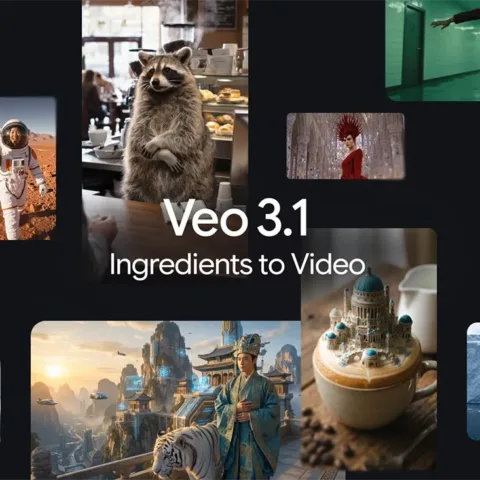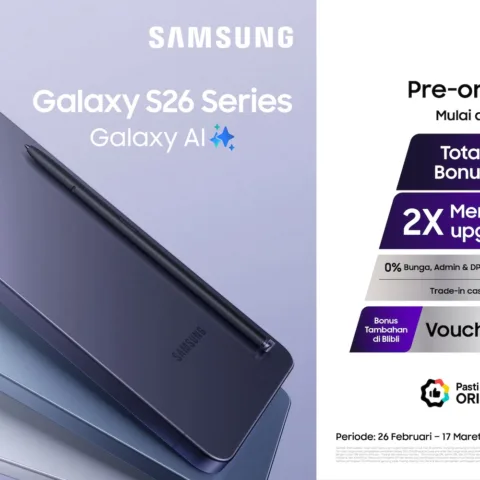Search is the core of Google’s empire. Its entire business of delivering advertisement to the world’s Internet users relies on search, and today, it announced that it is rolling out significant improvements to the way its search engine works and how it will display and deliver search results. Search results will be much more personal, more local, and more interactive.
The Knowledge Graph
Google is officially rolling out its Knowledge Graph worldwide today and it will be available to everyone who uses Google in the English language. Google’s Knowledge Graph had been in trial for US Internet users since May and for the past few days can be seen outside of the US when people go to Google.com in English.
The Knowledge Graph is the little information box that show up on the right hand side of the page which gives further context and information to your search results. The new version which is being rolled out today will bring a more visual delivery with a horizontal bar showing additional information about the search results.
Supporting the Knowledge Graph is a “database of more than 500 million real-world people, places and things with 3.5 billion attributes and connections among them,” according to Google Senior VP Amit Singhal in a blog post. These data points and connections are being used to determine what comes up on a search results page to improve relevance. Google is working on bringing the Knowledge Graph across the many languages it supports but for the time being it will cover only searches in English.
There will also be changes to the overall search results. Singhal said, “the best answer to your question is not always a single entity, but a list or group of connected things.” This means relevance will be determined not just by the search terms but by location, search history, likelihood, and similar searches made by other people.
A search for Chiefs in the US for example would reveal links to the American football team Kansas City Chiefs while the same search in Australia or New Zealand would display the rugby union team Waikato Chiefs.
Google builds the knowledge graph based on the frequency and variety of searches that each Google user makes to minimize random or irrelevant results. The likelihood of a New Zealander wanting to know the latest updates about Kansas City Chiefs is far less than that of the Waikato Chiefs so that is one area where the Knowledge Graph would come to play.
“Knowledge Graph is a huge new effort to bring search to the next generation the way we want it to be,” Singhal said in a video conference on Thursday morning.
Personal Search Results
Google is also integrating email contents into search. Before privacy advocates shout out their objections, results from emails will only appear if you’re sign on to your Google account and is using Gmail. On the other hand, Google is already scanning every email that goes into Gmail for contents anyway, this latest move seems to be a natural extension of that.
If someone enters “my flight” into Google search for example, the results will also display any flight itineraries that may have been delivered to their inbox. The same goes for shipping orders, invitations, and so on. In other words, Google is making email search and results available outside of Gmail. These personal search results can be turned off if you’re not interested in having the contents of your Gmail account to be displayed alongside your results.
Singhal explained that Google is open to working with other email providers but it may not be as smooth as Gmail results. Linking the new Google search into other email providers obviously will involve some very sensitive information.
It’s difficult to imagine how companies would want to have their customers’ email contents and personal data to be linked directly to Google’s database and become searchable through Google’s systems.
Existing Gmail users can sign up to try this integrated search by going to http://g.co/searchtrial. Google is limiting the trial to the first million sign ups for the time being.
Google Voice Q&A coming to iOS
Lastly, Google is making Google Voice Search available to iOS users as an addition to its Google mobile app. Users will be able to perform verbal searches just like they do with Apple’s Siri.
Thanks to the Knowledge Graph and the Gmail integration, Google’s Voice Search will be able to tell users about their flight details, the nearest football stadium, restaurants, sports schedule, concerts, traffic reports, weather, and many more. The app should be available to download in the next few days from the App Store.











